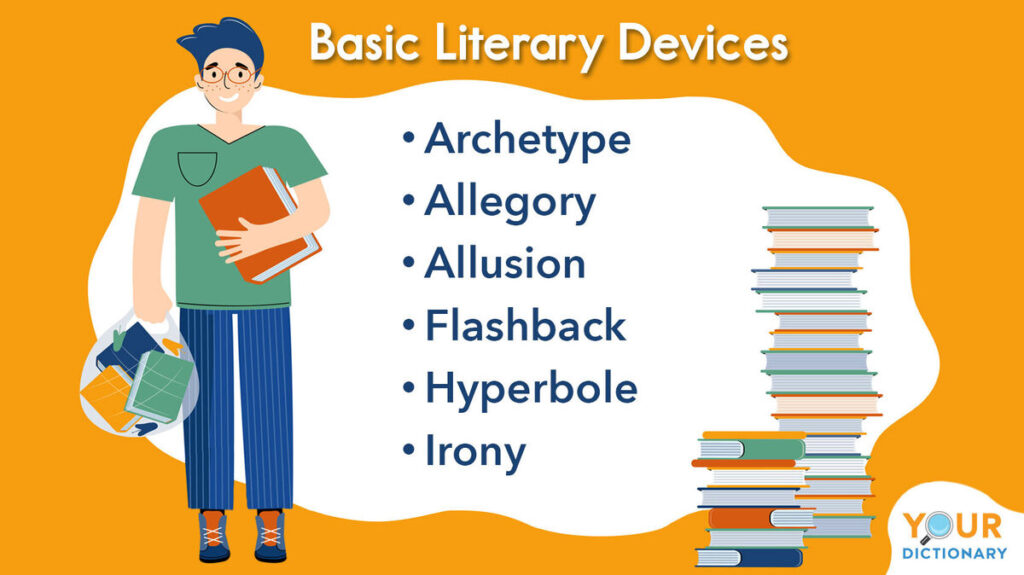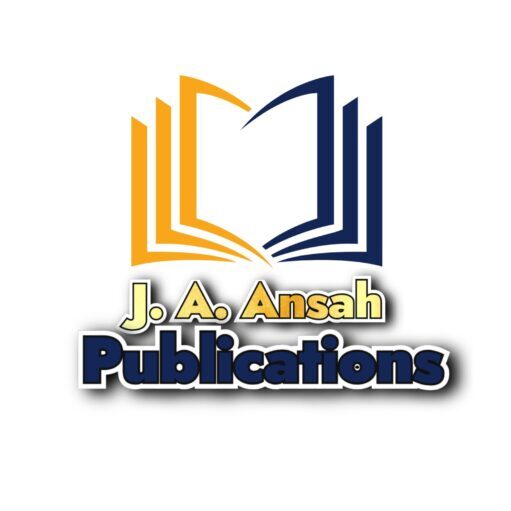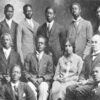“To be, or not to be: that is the question” – William Shakespeare, Hamlet
(Act 3, Scene 1)

Posted inEducation
LEARN ABOUT LITERATURE
William Shakespeare
Definition of Literature
Literature is a body of written works that express ideas, emotions, stories, and thoughts through language. It encompasses various genres and styles and serves as a reflection of human experience and culture.
Forms of Literature
- Fiction: Narrative writing based on imaginary events and characters (e.g., novels, short stories).
- Non-Fiction: Prose writing based on facts and reality (e.g., biographies, essays).
- Poetry: Writing that expresses ideas through rhythm, meter, and often rhyme.
- Drama: Plays or scripts written for performance, combining dialogue and action.
- Fable: A short story that teaches a moral lesson, usually involving animals.
- Epic: A long narrative poem that tells of heroic deeds.
100 Famous Literary Devices
| No. | Literary Device | Definition |
|---|---|---|
| 1 | Alliteration | Repetition of consonant sounds at the beginning of words. |
| 2 | Allusion | A reference to a well-known person, event, or work of art. |
| 3 | Anaphora | The repetition of words at the beginning of successive clauses. |
| 4 | Assonance | Repetition of vowel sounds within nearby words. |
| 5 | Cliché | An overused expression or idea. |
| 6 | Foreshadowing | Hints or clues about what will happen later in the story. |
| 7 | Hyperbole | Extreme exaggeration used for effect. |
| 8 | Imagery | Descriptive language that appeals to the senses. |
| 9 | Irony | A contrast between expectation and reality. |
| 10 | Metaphor | A direct comparison between two unlike things. |
10 Questions for Readers
- What is the difference between a metaphor and a simile?
- Identify an example of irony in a famous book or movie.
- How does foreshadowing enhance the plot of a story?
- What literary device repeats the same word or phrase at the beginning of sentences?
- Give an example of onomatopoeia from a poem or book you’ve read.
- What is personification, and how does it affect a reader’s understanding?
- Explain how juxtaposition is used in literature.
- What is the purpose of rhetorical questions in persuasive writing?
- Can you provide an example of symbolism in a well-known novel?
- How does an author’s tone convey their attitude towards a subject?
Leave your answers in the comments below!



Great Web for multipurpose projects.
✅️
Insightful
Sure